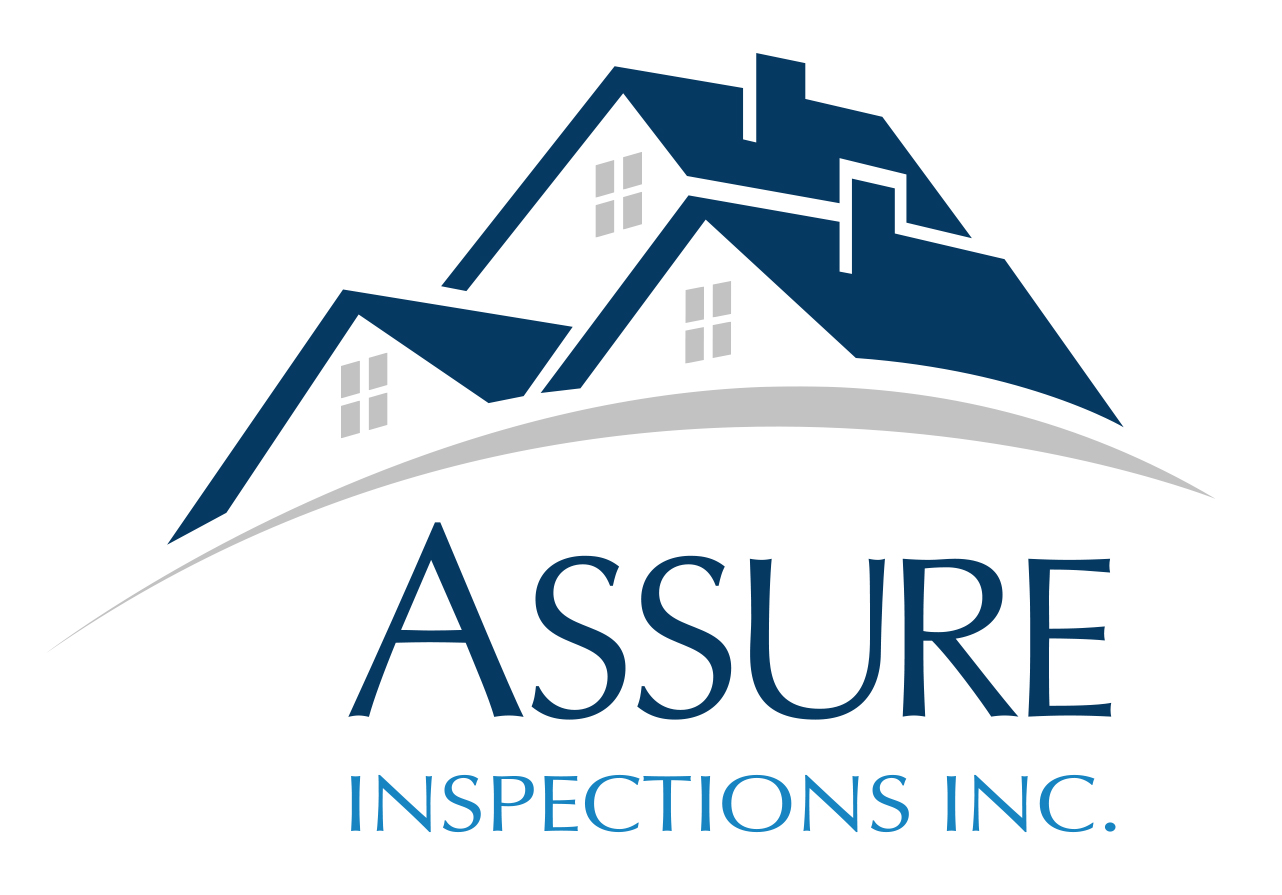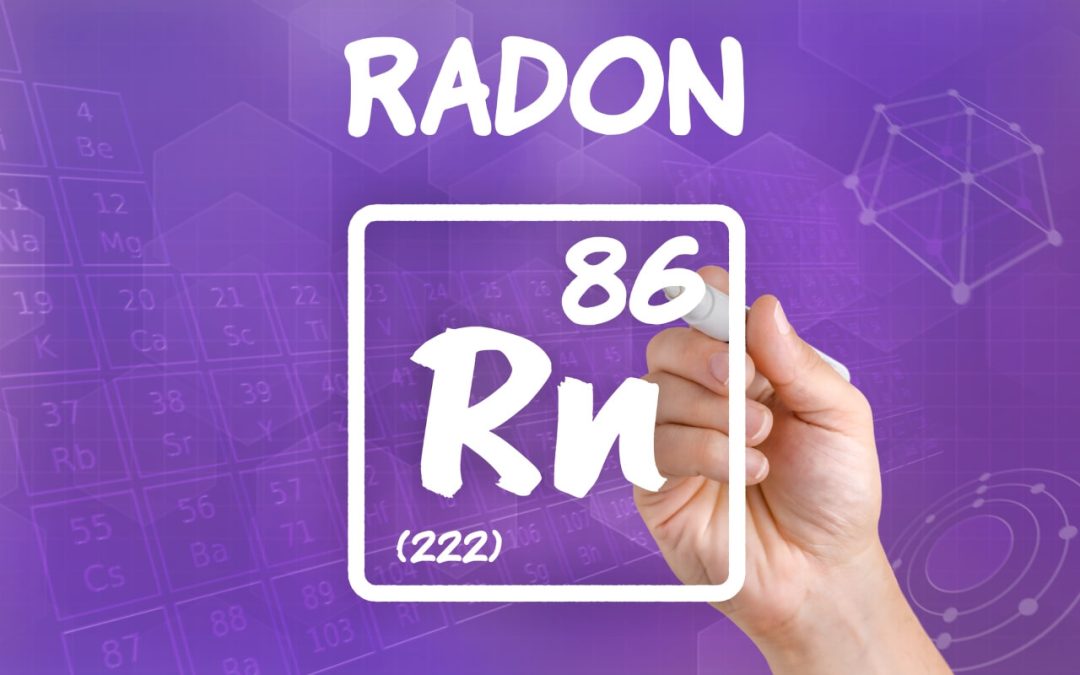Lung Cancer and Exposure to Radon
Lung cancer is the leading cause of cancer deaths in both men and women. Over 200,000 cases of this disease are diagnosed every year. Smoking is the most frequent contributing factor, but lung cancer can also be caused by asbestos, industrial chemicals, air pollution, secondhand smoke, and radon gas.
The risk of lung cancer increases when exposed to multiple risk factors. For example, there is a greater risk of developing cancer when a smoker has also experienced exposure to radon gas.
What is Radon Gas?
Radon is a clear, odorless gas that is produced when uranium decays beneath the ground. Radon occurs naturally in rock and soil and can even be found in well water. The gas seeps up through the soil and may enter the house through gaps or cracks in the foundation. This radioactive gas is hazardous to your health and is the second leading cause of lung cancer in the US.
How does Exposure to Radon Affect Your Health?
People are exposed to radon through inhalation or ingestion. As radon decays, it breaks down into tiny radioactive particles. When inhaled, these particles get trapped in the lining of the lungs and damage lung tissue. The longer a person is exposed to radon, the higher the chance of developing lung cancer.
Testing Your Home for Radon
To learn about levels of radon gas in your home, hire a professional to conduct a test. Radon is a threat to your health at levels of 4 pCi/L or greater. A radon test will usually be placed in the lowest level of your home that is regularly used. It should remain undisturbed while collecting information.
In order to get the most accurate results, the radon test needs to be in an area with little airflow and relatively low humidity. Your radon professional will interpret the results and share the findings with you.
High Levels of Radon
Radon levels of 4 pCi/L or greater indicate a health risk and you’ll need to take steps to mitigate the problem. Talk to your radon professional to design a system to help remove the gas from your home. After the mitigation system is in place, retest your home to make sure the radon remains at low levels.
November is Lung Cancer Awareness Month. Take steps to keep your family safe from radon gas by scheduling a radon test. Assure Inspections Inc.s offers radon testing and mitigation services. We will install a warrantied system to reduce the levels of this harmful gas in your home. Contact us to request an appointment.

